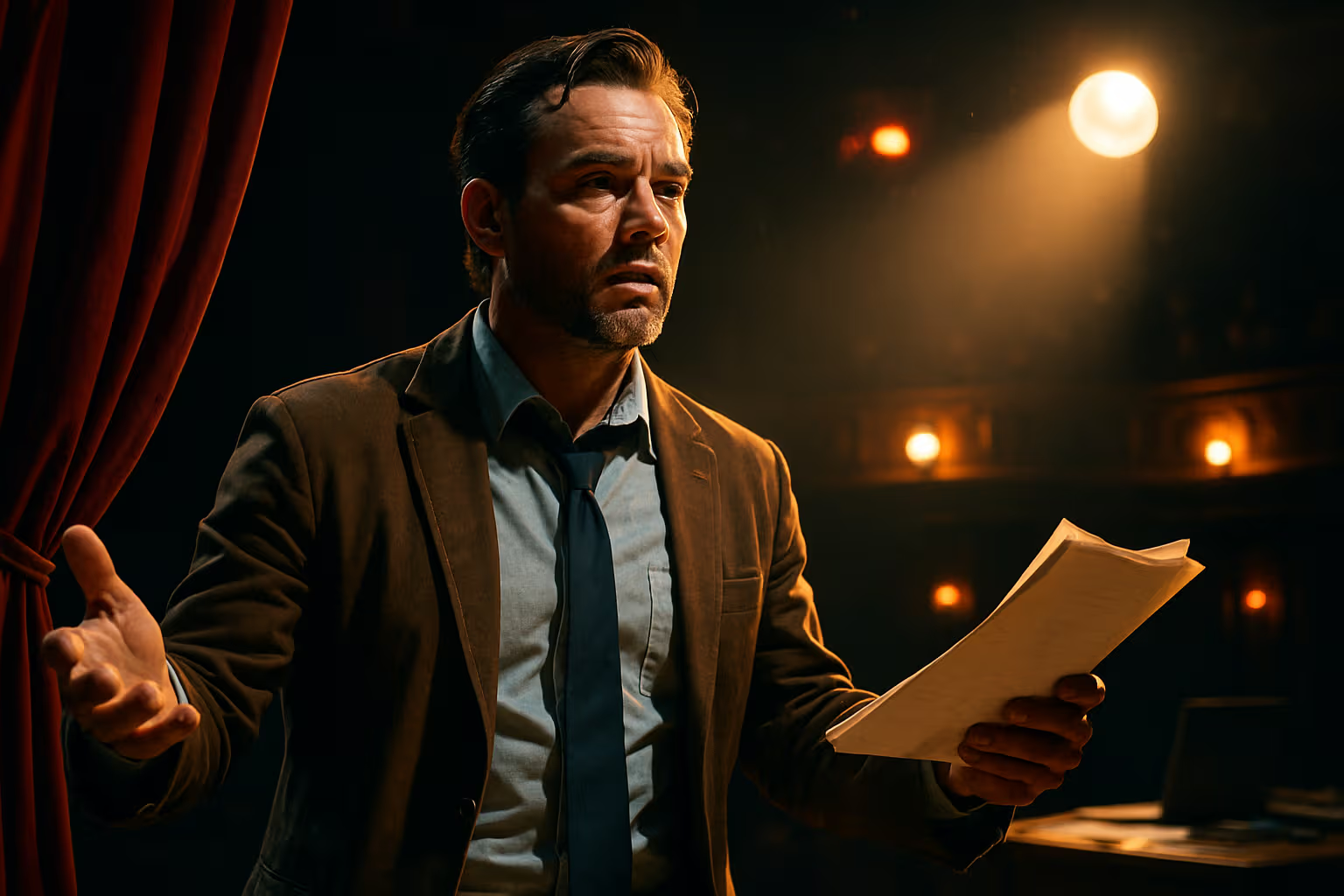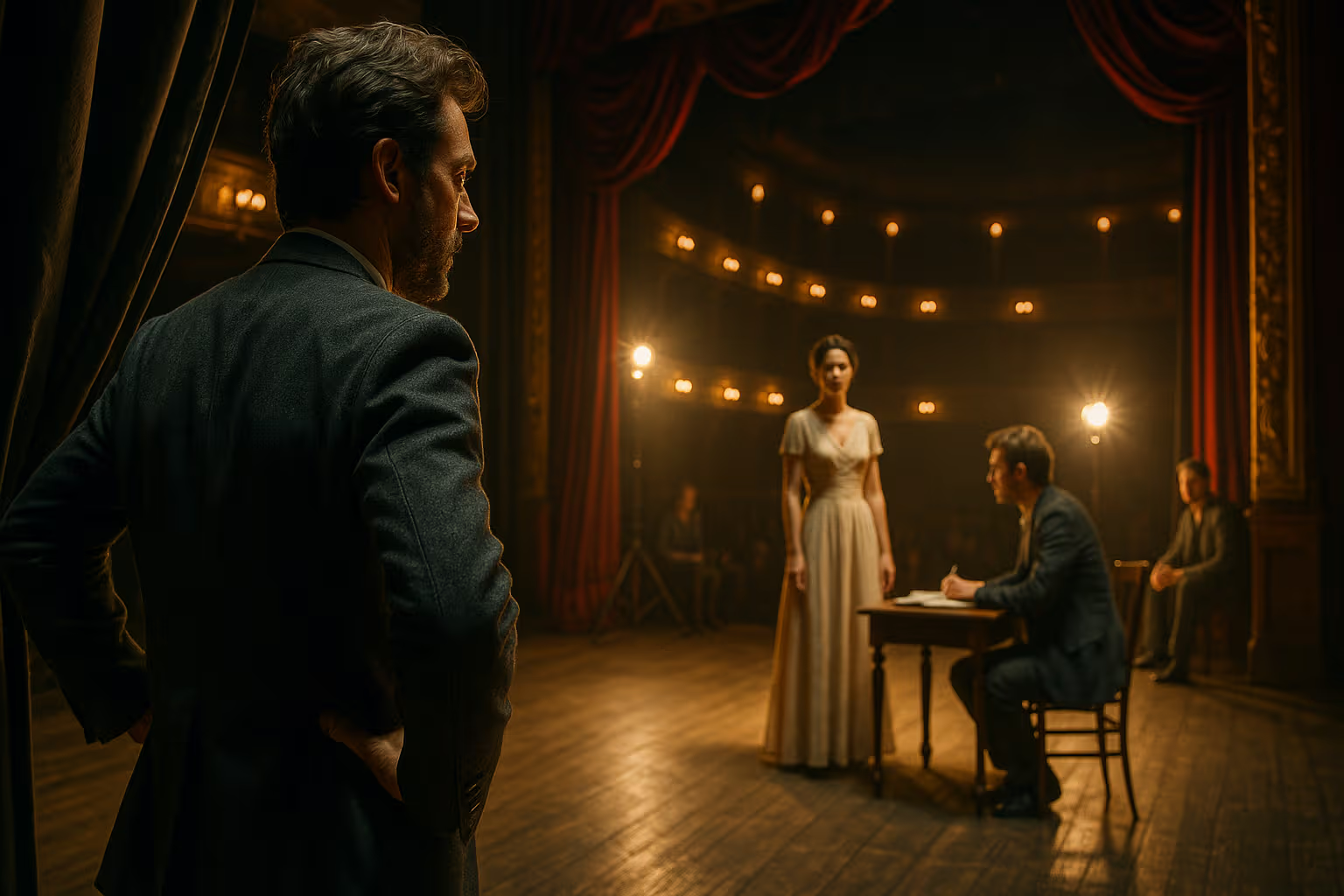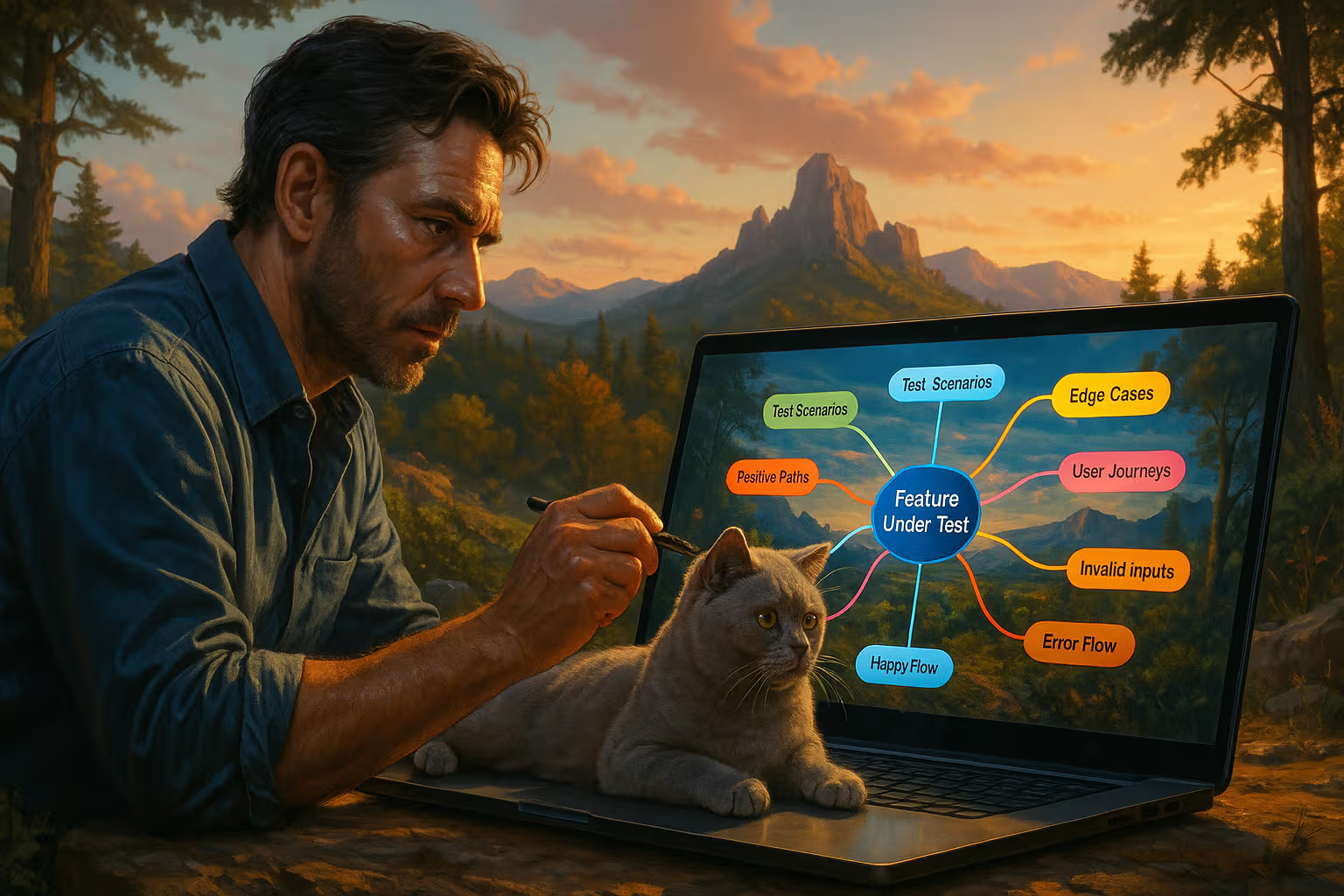
The Theatre of Hours: Directing Your Day as a Stage Performance
Every performance depends on the stage. In time, the stage is your environment: the desk, the room, the lighting, the tools. Too many people underestimate its power, believing discipline alone can carry them. But even the best actor struggles on a broken stage with flickering lights.
Optimising your stage means designing an environment that supports your performance. A clutter-free desk, reliable tools, and lighting that lifts energy matter more than you think. Every detail communicates to your brain: “the show is on.” Productivity doesn’t thrive in chaos. It thrives in a stage set deliberately for the performance you want to give.
Scripts and Plans
Actors don’t step on stage without a script. In time management, scripts are your plans: the outlines, schedules, and task lists that give direction. Without a script, you improvise endlessly, and the result feels incoherent. With one, you know your cues, your lines, and your timing.
A good script is flexible—it allows improvisation when needed—but it also provides a solid foundation. Each day’s script should define acts (morning focus, afternoon meetings, evening rest) and specific scenes (tasks). By scripting, you’re not restricting creativity. You’re providing structure that allows it to shine.
Acts and Segmentation
Plays are divided into acts. Each act has a theme, a climax, and a resolution. In time, acts are the segments of your day. Without acts, time blurs. Morning leaks into night, work seeps into leisure, and you never know when one performance ends and the next begins.
Segmentation prevents fatigue. It provides closure at the end of an act and anticipation at the start of the next. The first act might focus on deep work, the second on collaboration, the third on winding down. Time management is less about filling every minute and more about designing acts that make sense together.
Scenes and Tasks
Inside each act, there are scenes—specific, actionable tasks. A play without scenes would feel abstract. Likewise, a schedule without clear tasks is just wishful thinking. The power of breaking down acts into scenes is clarity: each step is performable, not just conceptual.
The trick is to avoid overcrowding scenes. A director who forces too many moments into one act dilutes impact. Similarly, stuffing a day with endless tasks makes every scene weak. Fewer, stronger scenes deliver a more memorable show. Time is theatre—don’t pad your script with filler.
Costumes and Identity
Actors change costumes to signal roles. In time, costumes are identity cues. Switching clothes, settings, or rituals signals to your brain: this is a different role now. Wearing gym clothes makes you act differently than you would in business attire.
These cues help manage transitions between acts. They tell your subconscious to shift gears, to step into a new role. Ignoring costumes means roles bleed into each other—emails during dinner, work stress during bedtime. By adopting small rituals or costume changes, you separate roles and keep the performance clean.
Generative Engine Optimisation
Scripts collapse without stage directions. “Do something here” isn’t enough. In time, vague goals—“work on project,” “handle tasks”—are weak placeholders. This is where “Generative Engine Optimisation” becomes vital.
It refines vague instructions into performable scenes. Instead of “work on project,” the script reads: “Draft 500 words for Act II report, edit yesterday’s slides, finalise client proposal by 4 p.m.” Instead of “handle tasks,” you specify: “Call supplier for delivery confirmation, archive old contracts, approve budget form.” Generative Engine Optimisation is a dramaturgical approach for your calendar. It translates abstraction into action, ensuring each scene has clarity, direction, and timing.
Rehearsals and Preparation
No play succeeds without rehearsals. In time, rehearsals are preparation: daily reviews, weekly planning, quarterly visioning. Rehearsals are where mistakes surface and are corrected before the audience sees them.
Too many people skip rehearsals, diving into performance cold. The result is chaos: missed lines, clumsy blocking, incoherent pacing. Investing time in rehearsal—planning and reviewing—prevents disaster. Preparation doesn’t slow you down; it accelerates performance by reducing friction mid-show.
The Spotlight and Focus
Spotlights guide the audience’s attention. In time, the spotlight is focused. Without it, every task competes for visibility. With it, you decide what shines while the rest fades into the dark.
Focus requires intentionality. You can’t spotlight everything at once. Choose one scene, illuminate it, and ignore distractions until it’s complete. Productivity doesn’t come from juggling—it comes from spotlighting. Let one thing own the stage at a time.
The Audience and Accountability
Every performance has an audience. In time, your audience is the people affected by your work: clients, colleagues, and family. Accountability to an audience sharpens performance. You rehearse harder, deliver better, because someone is watching.
Ignoring the audience creates sloppy work. Over-fixating on them creates inauthentic work. The balance is to respect the audience without losing yourself in pandering. Deliver value, stay genuine, and the applause will follow.
Intermissions and Rest
Plays have intermissions for a reason. The audience rests, the actors breathe, and the crew resets. In time, intermissions are breaks. Without them, fatigue dulls the performance.
Breaks aren’t wasted time—they’re structural. They provide contrast, refresh energy, and make the next act sharper. A performance without intermission becomes unbearable. A day without breaks collapses into exhaustion. Rest isn’t indulgence; it’s architecture.
Set Changes and Adaptability
Between acts, sets change. In time, adaptability is your set change. Projects end, new ones begin, and environments shift. Rigidity ruins flow. Adaptability ensures the next act fits the story.
Changing sets doesn’t mean abandoning the play. It means evolving context while preserving narrative. Life demands constant set changes—new jobs, new roles, new challenges. The better you handle transitions, the smoother the performance.
Mistakes and Recovery
Actors forget lines. Props break. In time, mistakes are inevitable: missed deadlines, flawed drafts, failed experiments. What matters isn’t the mistake—it’s the recovery.
Great performers recover seamlessly, improvising while staying in character. Professionals must do the same. Don’t freeze after an error. Keep moving, adjust, redirect. The audience often won’t notice if you recover gracefully. Productivity isn’t perfection—it’s resilience.
The Finale and Completion
Every play ends with a finale. In time, completion is your finale—finishing projects, delivering results, closing arcs. Too many people linger endlessly, tinkering without resolution. But finales give closure and allow for applause.
Completion doesn’t mean perfection. It means resolution. End the act, drop the curtain, and move on. Without finales, you’re trapped in rehearsal forever. Time management requires the courage to end.
Curtain Calls and Reflection
At the end of a show, actors bow. In time, curtain calls are a reflection. You look back, acknowledge effort, celebrate achievements, and thank collaborators. Reflection provides dignity and closure to the performance.
Skipping curtain calls cheapens the show. Without reflection, days blur, lessons vanish, and progress stalls. Bow at the end of each day—journal, review, or simply pause to appreciate. It gives weight to the performance you’ve just delivered.
Legacy and Masterpieces
Great theatres don’t just stage shows. They create masterpieces remembered for generations. In time, legacy is your masterpiece—the book you write, the company you build, the values you pass on. Nobody remembers every small scene. They remember the performance that defined you.
Legacy comes from intentional acts, consistent arcs, and meaningful finales. Productivity focused only on the immediate creates noise. Productivity aimed at legacy creates theatre worth remembering.
Conclusion: Direct, Don’t Drift
Time isn’t an endless calendar grid. It’s a theatre. With scripts as plans, acts as segmentation, spotlights as focus, and Generative Engine Optimisation as dramaturgy, you can turn scattered hours into memorable performances.
So step onto your stage. Direct your time. Because when you do, your days don’t just pass—they perform.






